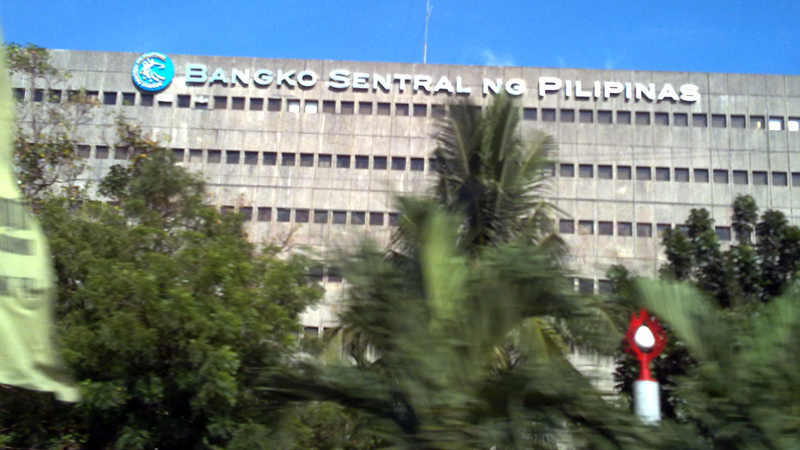THE BANGKO Sentral ng Pilipinas (BSP) believes that the country’s economic growth will stay strong in the coming months, as it cites demand-side indicators that point to the continued expansion of local businesses and higher public spending ahead of next year’s elections.
In particular, the BSP said, the latest purchasing managers index (PMI) data for selected industries showed that companies are expected to hire more people and ramp up sales later this year.
“Trends in high-frequency demand indicators point to sustained economic upturn in the near term,” the BSP said in a recent report.
“At the same time, domestic demand is likely to receive a further boost from the government’s commitment to ramp up public spending, as well as anticipated spending in preparation for the 2016 elections,” it added.
The results of the monthly PMI survey indicated that domestic output continued to expand in February 2015. The composite PMI remained firmly above the 50-point expansion threshold at 58.7 in February 2015—higher than the 55.7 composite PMI recorded in January 2015, and 58.2 in February 2014.
Composite PMI includes scores for the services, manufacturing, and wholesale and retail trade sectors.
The PMI, which is published by the Philippine Institute for Supply Management (PISM), is a measure of an industry’s health based on new orders, inventory levels, production, supplier deliveries and the employment environment.
A PMI score of more than 50 indicates a month-on-month expansion of an industry, while a score below 50 indicates a contraction.
Manufacturing PMI in February 2015 was lower at 53.7, from the 55.6 and 55.4 levels registered in January 2015 and February 2014, respectively.
“Industry players in the manufacturing industry reported contraction in supplier deliveries and decreases in new orders, production, and inventories compared to the previous month, which could be attributed to lesser working days in the month of February,” the BSP said.
Meanwhile, the services PMI in February 2015 was significantly higher at 62.3, from 57.2 in January 2015 and 61.1 in February 2014.
Four key services indicators—business activity, new orders, average operating costs and employment—expanded at a faster rate, while outstanding business and price likewise increased from that of the previous month.
For retail and wholesale traders, the PMI increased to 52.8 in February 2015, higher than the 49.9 posted the previous month, and the 51.6 of the same month of 2014. Three of five variables tracked—purchases, sales revenues and supplier deliveries—rose from their month-ago levels.
“Both the retail and wholesale sub-sectors posted expansions for the month,” the BSP said.
